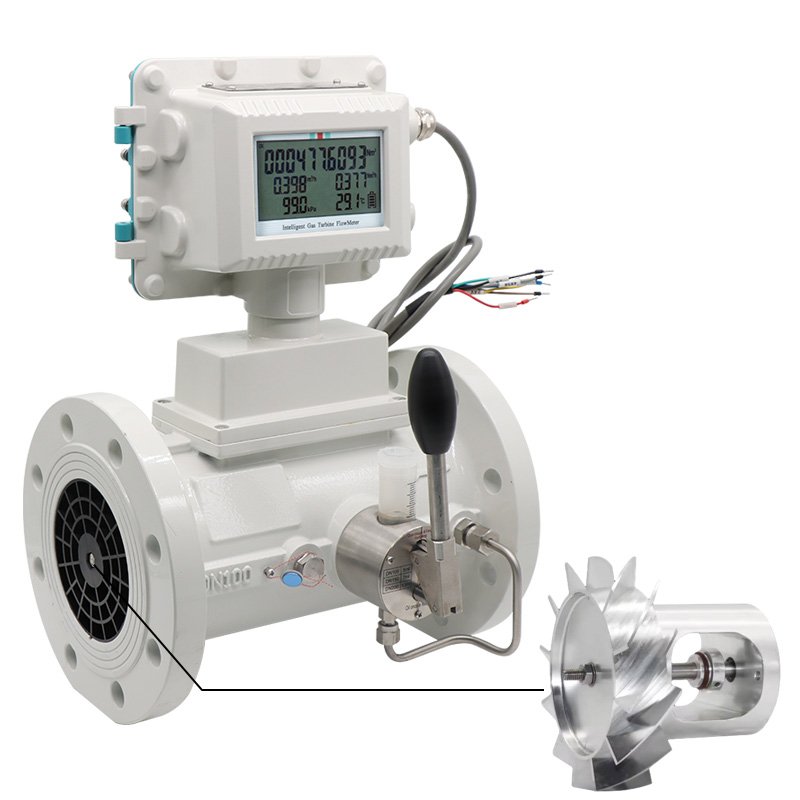There are several factors to consider when choosing the right gas flow meter. Here are some key steps and recommendations:
Define measurement requirements
- Measuring range: According to the actual need to measure the gas flow range to choose the appropriate flow meter. Ensure that the measuring range of the selected flow meter covers the minimum and maximum flow rates required to be measured.
- Measurement accuracy: According to the requirements for the accuracy of the measurement results to select the appropriate accuracy level. In general, high-precision flow meters are suitable for occasions where the measurement results are strictly required.
Consider gas characteristics
- Gas composition: Understand the specific composition of gas, including whether it contains corrosive substances, impurities, etc. These characteristics will affect the choice of flow meter and material.
- Temperature and pressure: Consider the temperature and pressure range of the gas and choose a flow meter that can withstand these conditions. For example, for high temperature and high pressure gas, it is necessary to choose a flow meter with high temperature and high pressure resistance.
Evaluate flow meter type
- Turbine flow meter: Suitable for measuring clean gas with low viscosity, high precision and stability. However, it should be noted that it is affected by fluid viscosity and temperature.
- Differential pressure flow meter: such as orifice flow meter, venturi flow meter, etc., suitable for measuring large flow of gas. However, it should be noted that the measurement accuracy is affected by the fluid flow state.
- Float flow meter: suitable for measuring small flow of gas, with simple structure, low price and other advantages. However, it should be noted that its measurement accuracy is relatively low.
Consider installation and maintenance
- Installation mode: Select the appropriate installation mode according to the site conditions, such as flange type, clamp type, insert type, etc. Ensure that flow meters can be easily installed on existing pipes and meet measurement requirements.
- Maintenance requirements: Understand the maintenance requirements and calibration cycle of the flow meter, and choose a flow meter that is easy to maintain and calibrate. Regular maintenance and calibration can ensure the stability and accuracy of the flow meter and extend its service life.
Assess economic factors
- Price: Compare the price of different brands and models of flow meters, choose cost-effective products. When comparing prices, it is necessary to consider the performance, quality, after-sales service and other factors of the flow meter.
- Operating costs: Consider flow meter operating costs, calibration costs, maintenance costs and service life and other factors. Choosing flow meters with low operating costs, easy maintenance and long service life can reduce long-term costs.
Consult professional advice
When choosing a gas flow meter, you can consult experts or technicians in related fields to understand their recommendations and opinions. They can provide more professional advice according to specific application scenarios and needs.
To sum up, the selection of a suitable gas flow meter requires comprehensive consideration of measurement requirements, gas characteristics, flow meter types, installation and maintenance requirements and economic factors. By comprehensively evaluating these factors, you can select the flow meter device that best suits your needs.

